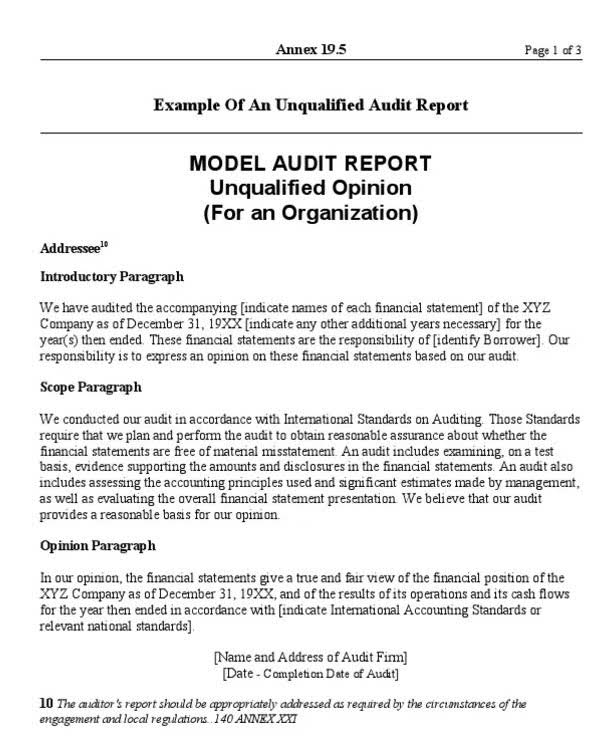
Unless specifically exempted, employees covered by the Act must receive overtime pay for hours worked in excess of 40 in a workweek at a rate not less than time and one-half their regular rates of pay. The Act does not require overtime pay for work on Saturdays, Sundays, holidays, or regular days of rest, as such. When an employee works additional hours, they may be entitled to extra pay beyond their regular pay rate for those hours.
What are agreed working hours?

There are a variety of occupations where workers are exempt from overtime pay requirements, including the following. The Fair Labor Standards Act requires employers to pay time and a half to any non-exempt employees who work more than 40 hours in a week. Non-exempt hourly employees covered by the Fair Labor Standards Act (FLSA) must be paid overtime for hours worked over 40 hours per week. There are exemptions for highly compensated employees who customarily and regularly perform any one or more of the exempt duties or responsibilities of an executive, administrative, or professional employee. There are also exemptions for some other occupations under federal law. Overtime is a great way for salaried employees to increase their annual income.
Do you get overtime pay for commissions and bonuses?
Nevertheless, certain states and territories mandate overtime for any day inwhich an employee works more than 8 hours. Currently, these include Alaska, Nevada, Puerto Rico, and the Virgin Islands. 4You can see the overtime laws for individual states listed in this handy article from Patriot Software. When it comes to holiday pay, there isn’t any federal legislation governing it. Legally, if you work on Saturdays, Sundays, or holidays, you’re not entitled to receive special compensation.
- Overtime pay is calculated based on a 40-hour workweek, and overtime pay for eligible employees is required for any hours worked over those 40 hours.
- Consider, for example, a nonexempt employee who works eight hours on Monday, Tuesday and Wednesday, 10 hours on Thursday, and six hours on Friday.
- The overtime rate must be at least 1.5 times the amount of your hourly pay rate.
- The rate is one and a half times the hourly rate that the employee earns times the number of hours of overtime worked.
- Rather than defend the Obama rule, “Trump has sided with the interests of corporate executives over those of working people.”
- The employer and employee representatives may also agree exemptions from the rule of cumulative working hours, but employees may not work more than 16 hours per 24-hour period.
When are employees eligible for double-time pay?
- Per the FLSA, overtime pay may not be waived because an employer states no overtime is allowed or prior authorization of overtime is needed.
- Overtime is the additional work an employee performs beyond their regular working hours, which are often set at 40 hours per week in many countries.
- Overtime protections have been a critical part of the FLSA since 1938 and were established to protect workers from exploitation and to benefit workers, their families and our communities.
- Nevertheless, certain states and territories mandate overtime for any day inwhich an employee works more than 8 hours.
The department estimated that 1.2 million additional workers would be eligible for overtime pay. Employees have the right to be exempted from additional hours and overtime work for health reasons. In case of a short-term exemption, employees are not required to present a medical or health certificate or similar documentation. In case of long-term exemption from additional hours and overtime work, the employer may demand that the employee present a medical certificate.
- Additionally, the timesheets or other documents that show how the wages were calculated have to be saved for at least two years.
- This means that the employee can, at maximum, work 20 hours of overtime in a fixed period of 7 days.
- Anytime a worker who is eligible for overtime works more than 40 hours per week, they will earn overtime pay.
- Except for certain states that require premium pay daily, overtime is calculated by the workweek.
- This could, for example, be specified in their employment contract or in a collective agreement.
In states where an employee is covered by both state and federal overtime laws, overtime is paid according to the standard that will provide the highest amount of pay. Some employees, known as exempt employees, are not entitled to how much is overtime overtime pay. The amount to be eligible for overtime pay may differ in locations where state laws regulate compensation for overtime. Double time is a rate of pay double the usual amount a person receives for normal hours worked.


Many exempt jobs fall in the first category only, with managerial and executive positions often exempt from overtime. Other exempt jobs are hourly jobs, jobs in transportation and delivery, sales, investments, and computer-related jobs. However, in the U.S., according to the Fair Labor Standards Act (FLSA), specific jobs are excluded from overtime compensation requirements. They are called exempt, and employers are not obligated to pay overtime in these cases. Accordingly, employees who are generally eligible for overtime compensation are referred to as non-exempt employees. The Obama administration sought to boost the baseline amount salaried white-collar workers could earn and still qualify for overtime.
Framework for workplaces bound by a collective agreement
- If an employer changes the pay period permanently, it must calculate wages on both the old pay period and the new pay period and pay the amount that is more advantageous to each employee in the pay period when the change was made.
- The FLSA does not require overtime pay for nights, weekends, or holidays unless the hours push the worker over the 40-hour threshold.
- It said the change would extend overtime pay to 4.2 million more workers.
- There are occupations that are exempt from overtime pay requirements, including certain executive, administrative, professional, computer, outside sales employees, and some seasonal workers, drivers, and farmworkers, for example.
- Overtime cannot be a regular arrangement, and the employer can only use overtime in special situations.
Overtime (OT) Hours:

Example of additional hours

